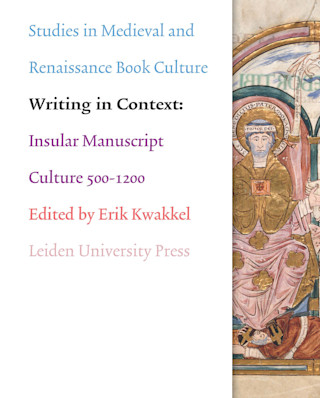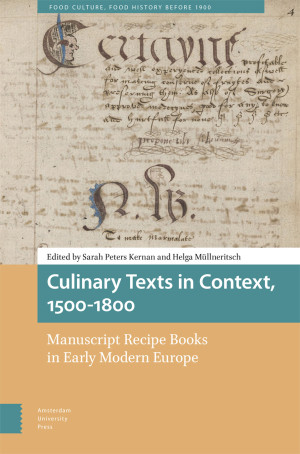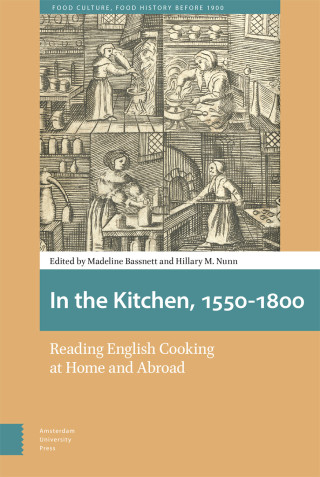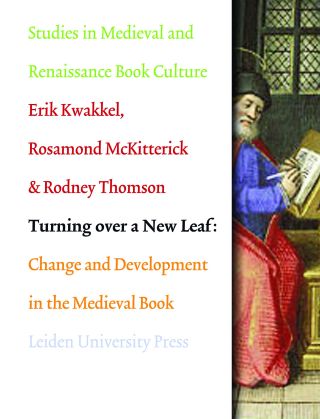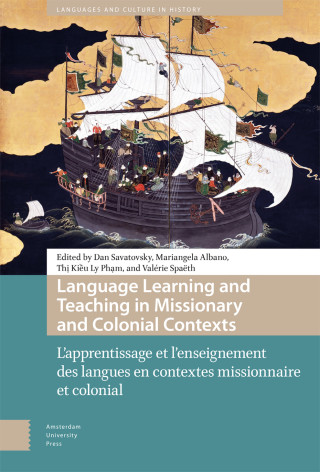This collection represents a new and significant contribution to the study of recipe books from the early modern period (ca. 1500–1800) by situating them in a broader European context, traversing Catalonia, Finland, French and German-speaking regions, Ireland, Portugal, Spain, Sweden, and England. Ten essays, including a critical introduction to the genre, trace the materiality of the books and the use of the instructions therein, investigating patterns of recipe collection and their evolution over time; the international transmission of recipes, ingredients, and artisanal knowledge; and women’s manuscript culture. The authors explore how localised traditions of book production and domestic record-keeping shaped the physical forms of the books, and how stains, folds, marginalia, items pressed between pages, and pasted-in additions reveal their many uses. The inclusion of new ingredients and the integration of foreign recipes point to the many ways in which people, food, ideas, and books travelled the globe.
